Account
Loading...

Earlier this year, the Alabama Legislature passed the Transparency in Incentives Act, which requires the Alabama Department of Commerce to publish certain information about incentives through the Alabama Jobs Act.
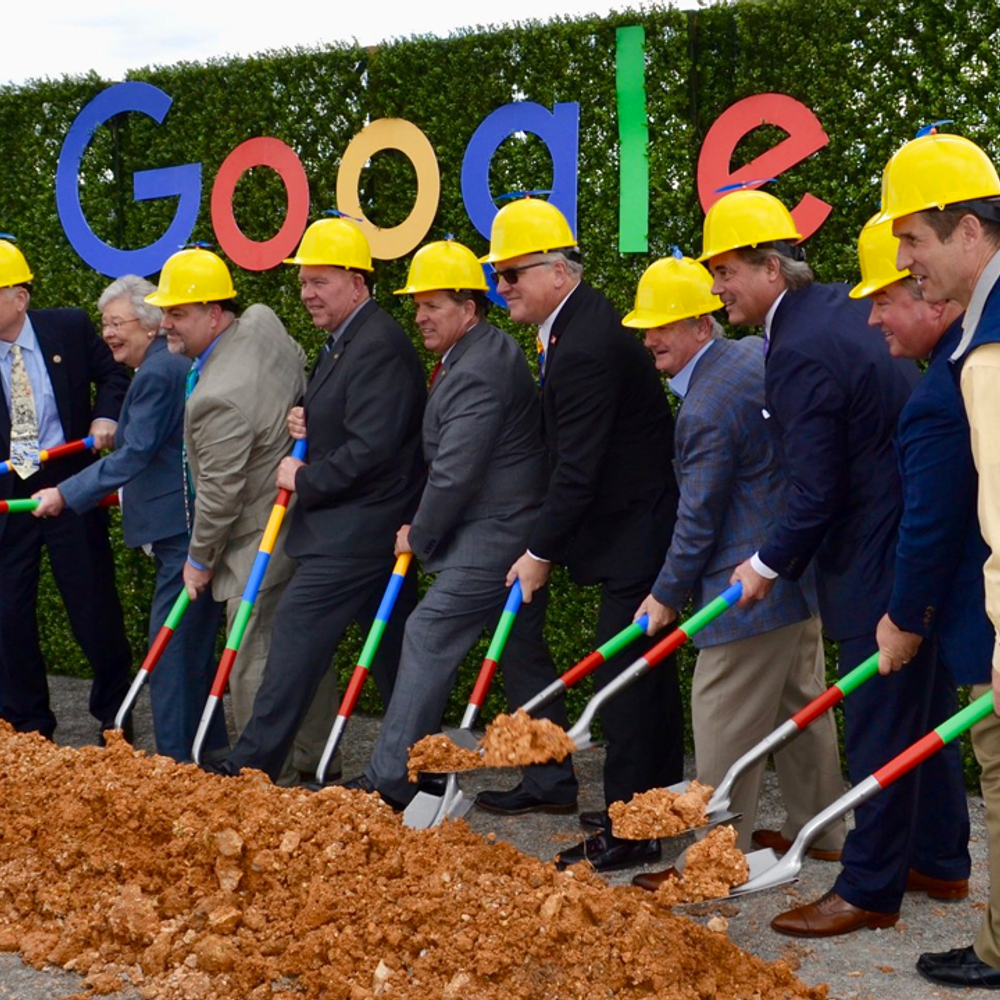
Earlier this year, a title wave of op-eds on various Alabama press websites exalted Alabama Gov. Kay Ivey’s economic incentive “Game Plan,” which moved smoothly through the legislature and officially became law in April, extending special privileges and rewards to specific corporations.
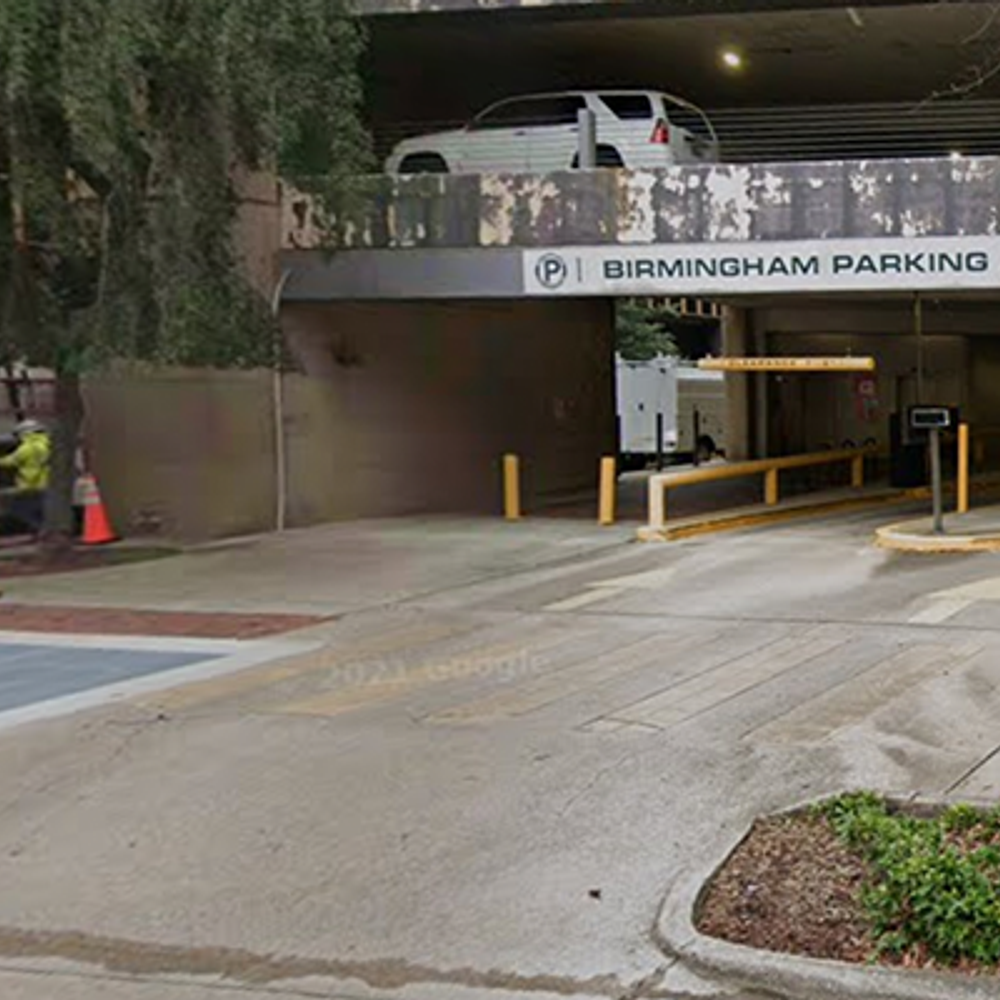
The Birmingham City Council approved over $1 million in funds from the Birmingham Parking Authority to go toward renovating an abandoned parking garage for a local restaurant.
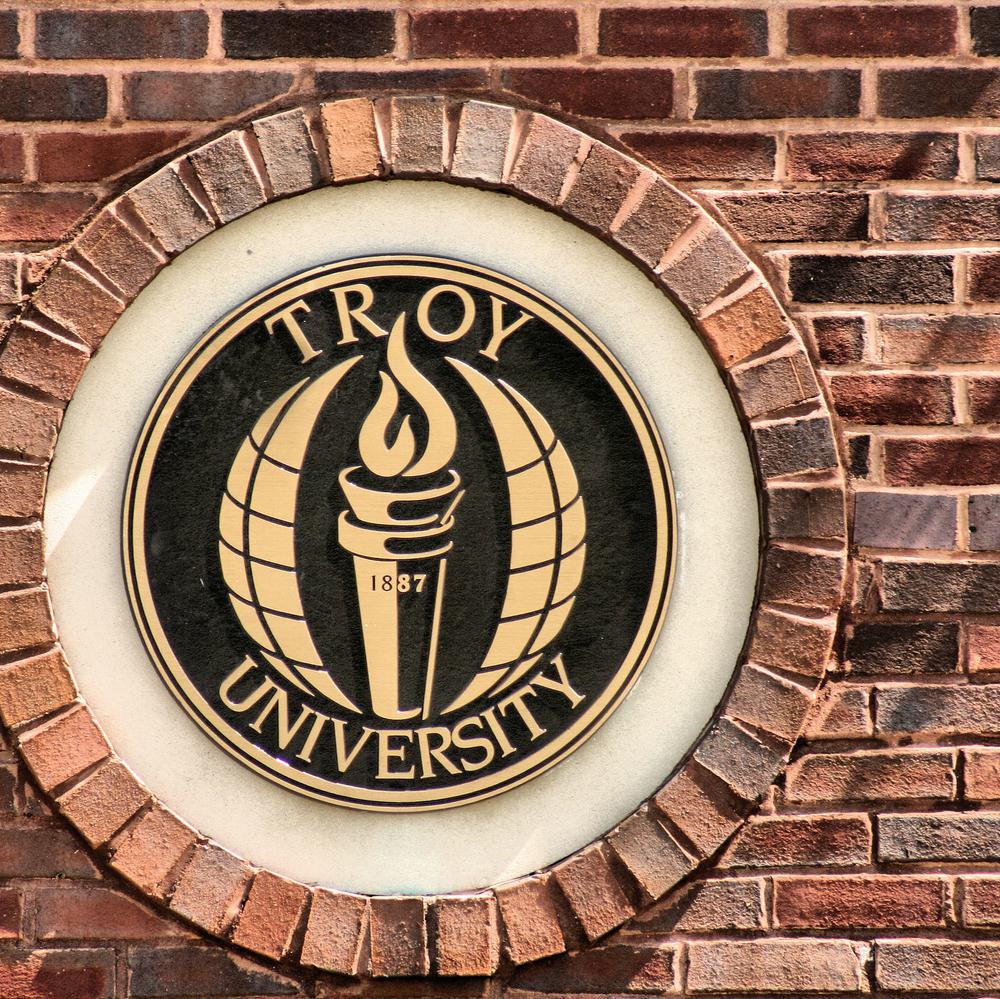
The Foundation of Individual Rights and Expression addressed a letter last week to Troy University Chancellor Jack Hawkins urging him to address leaked emails in which he and Troy trustees discuss vetting research topics at a free-market think tank due to complaints from Alabama Power and the Business Council of Alabama.
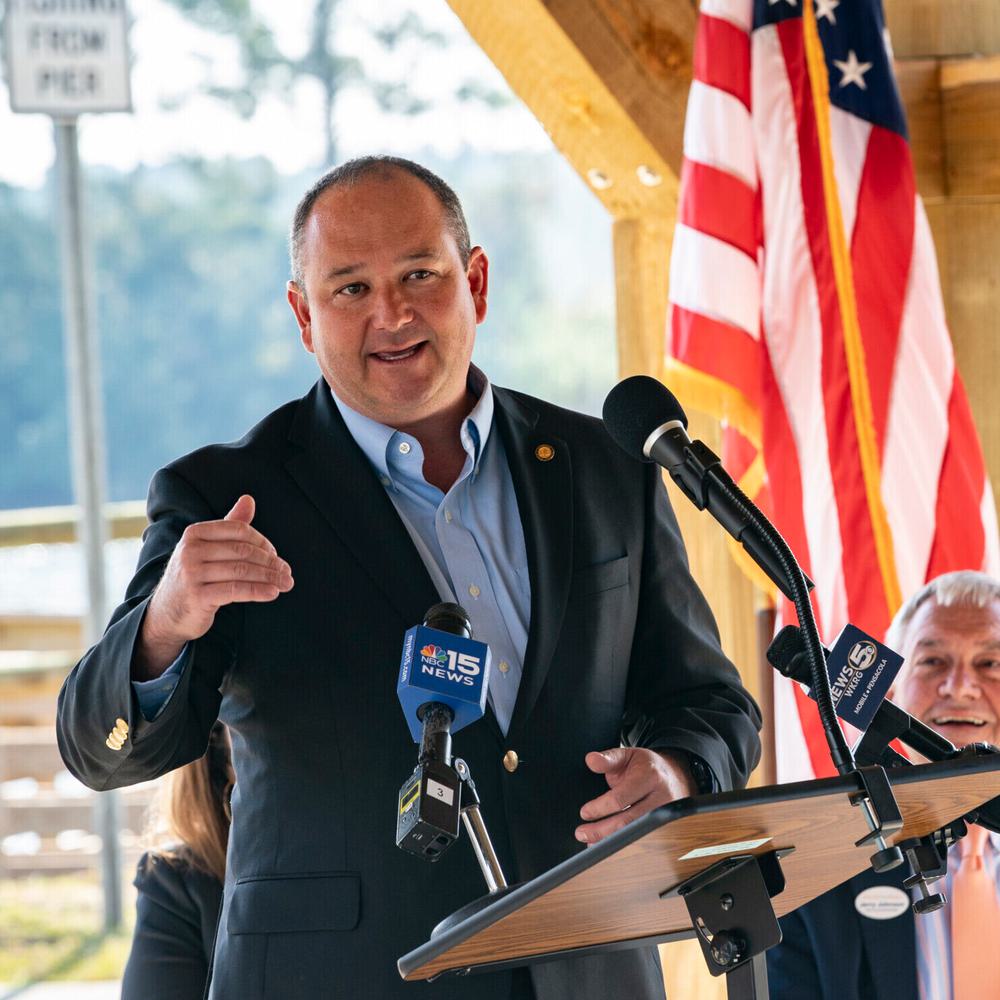
Thursday, State Sen. Arthur Orr (R-Decatur) offered a scathing critique of the Jobs Act during a speech on the floor of the Alabama State Senate. During an appearance on Mobile radio FM Talk 106.5's "The Jeff Poor Show," Orr's colleague State Sen. Chris Elliott (R-Josephine) was critical of Orr's tack.
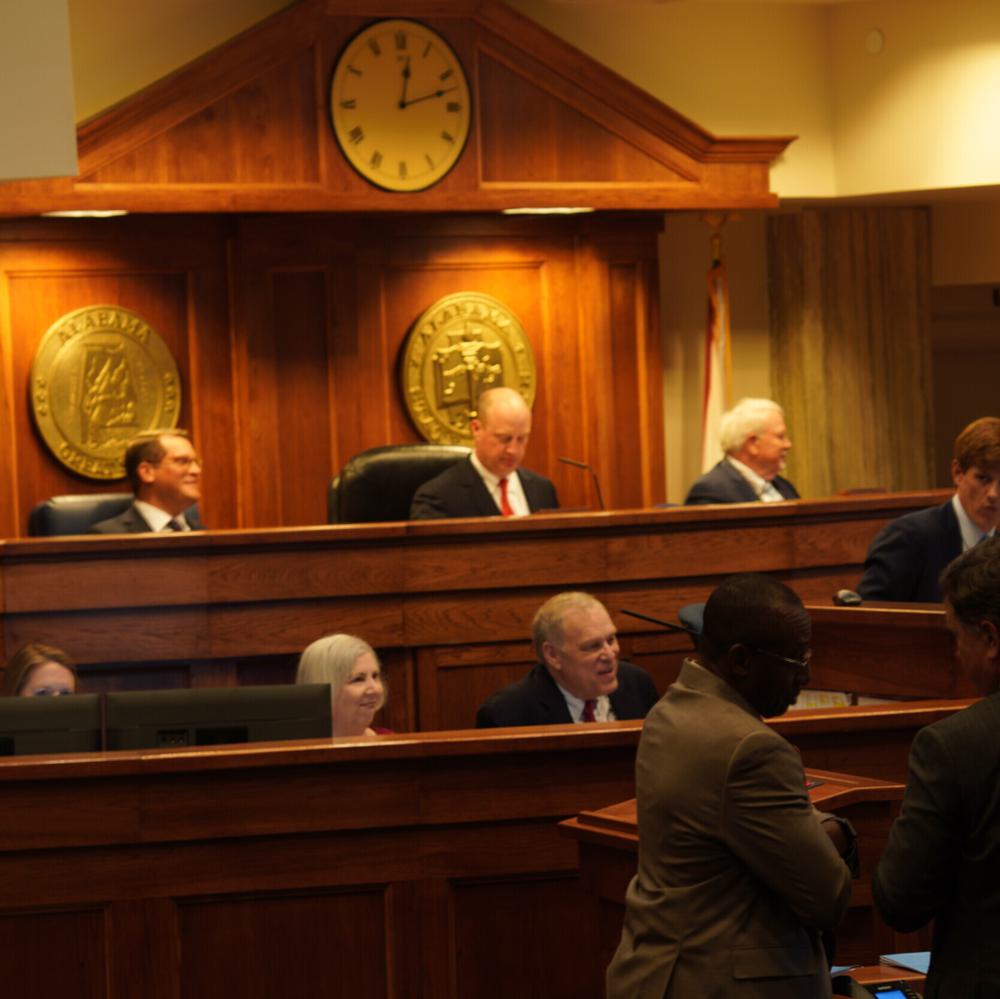
The Alabama Senate voted in favor of two bills on Thursday that, if passed, will expand special privileges and tax abatements for specific corporations in the state but also impose transparency requirements on certain economic incentives.

The Alabama House of Representatives passed four economic incentive bills included in Gov. Kay Ivey’s “Game Plan,” expanding the state’s ability to provide special funding and tax abatements to specific corporations.
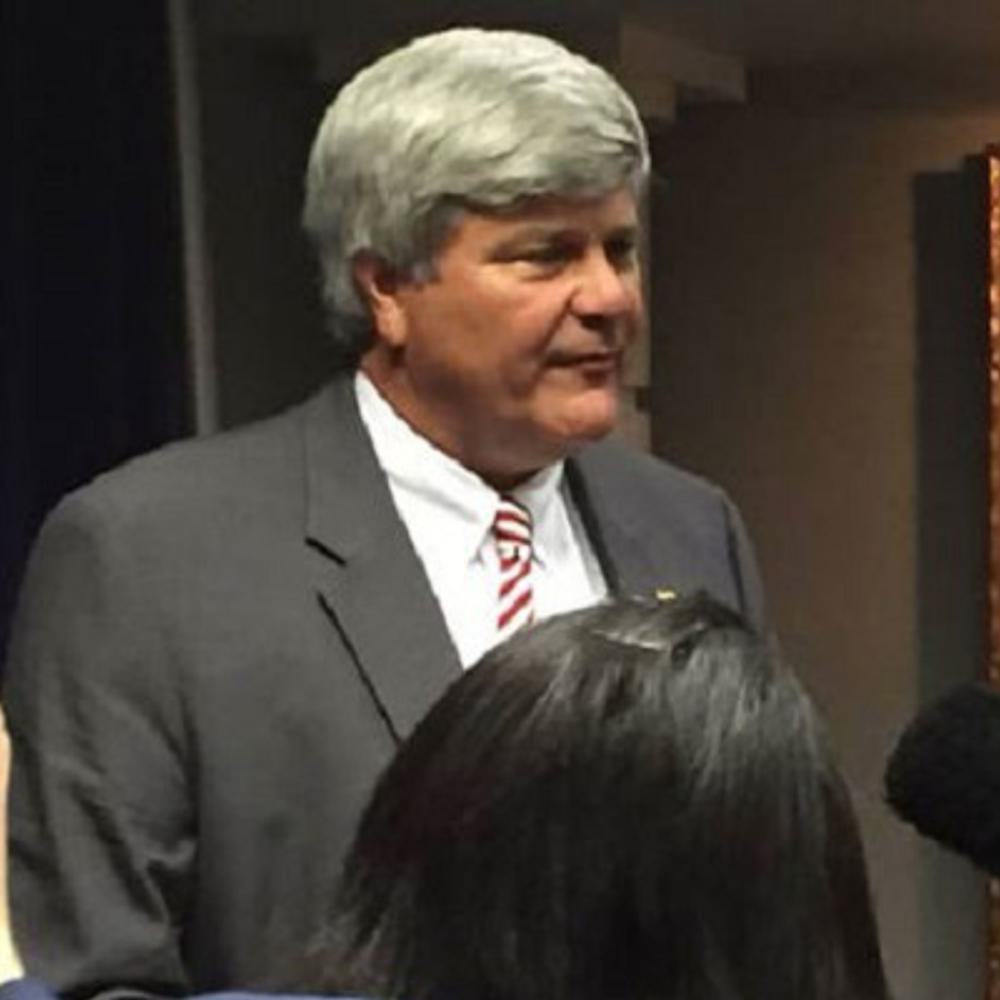
Next week, the Alabama Legislature is expected to proceed with a final vote on extending its economic incentives program, which state-level policymakers have touted as vital to the state's economic success.
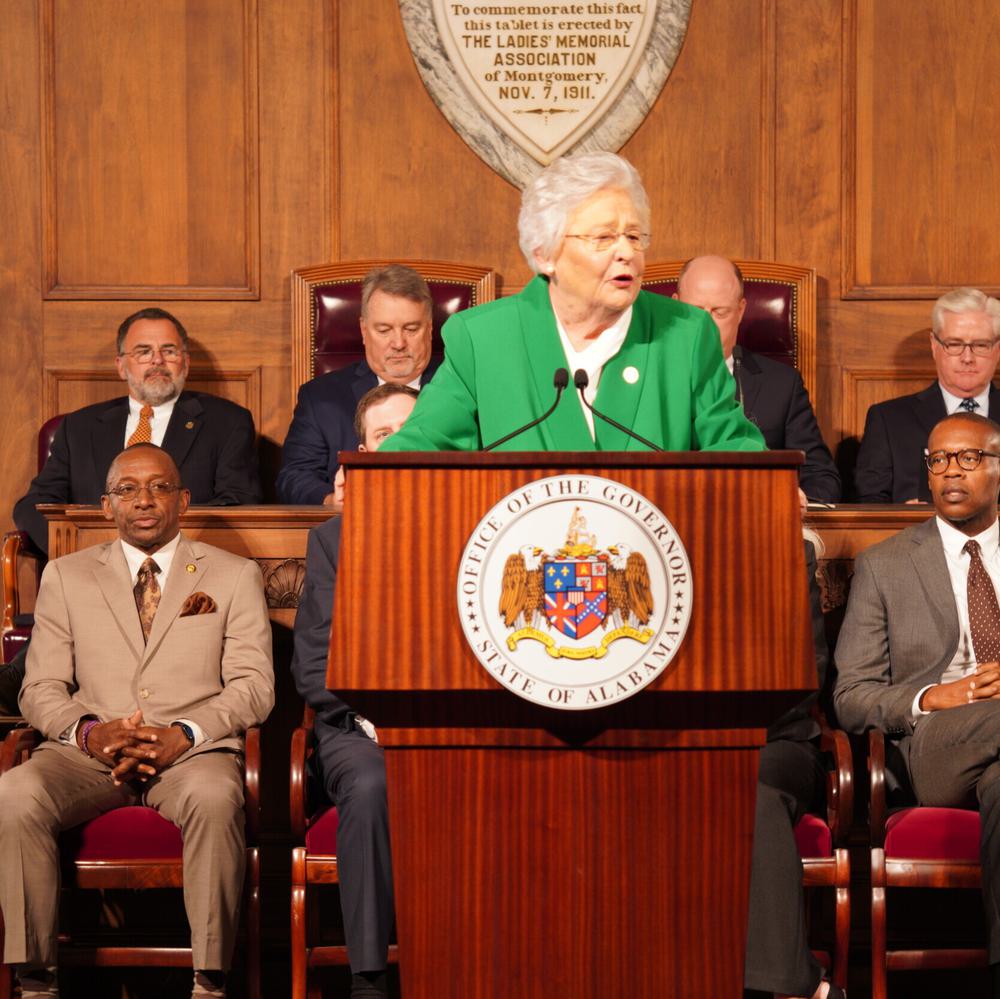
On Monday, Alabama Gov. Kay Ivey revealed more details of her economic incentive “Game Plan,” specifying the actions she wants the Legislature to take this spring.
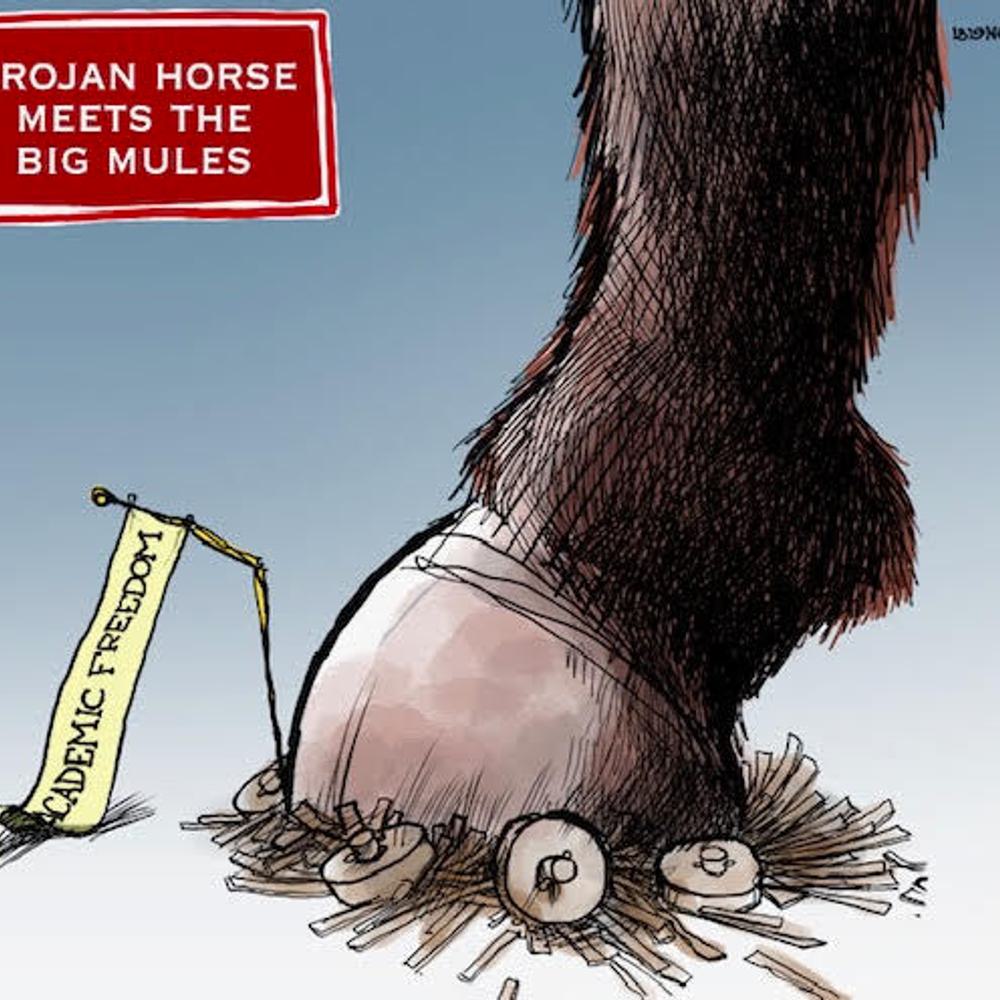
A leaked email conversation between several trustees at Troy University shows prominent individuals in the state discussing how to “vet topics” at a university-affiliated think tank for being critical of economic incentive programs due to complaints from Alabama Power and the Business Council of Alabama (BCA).
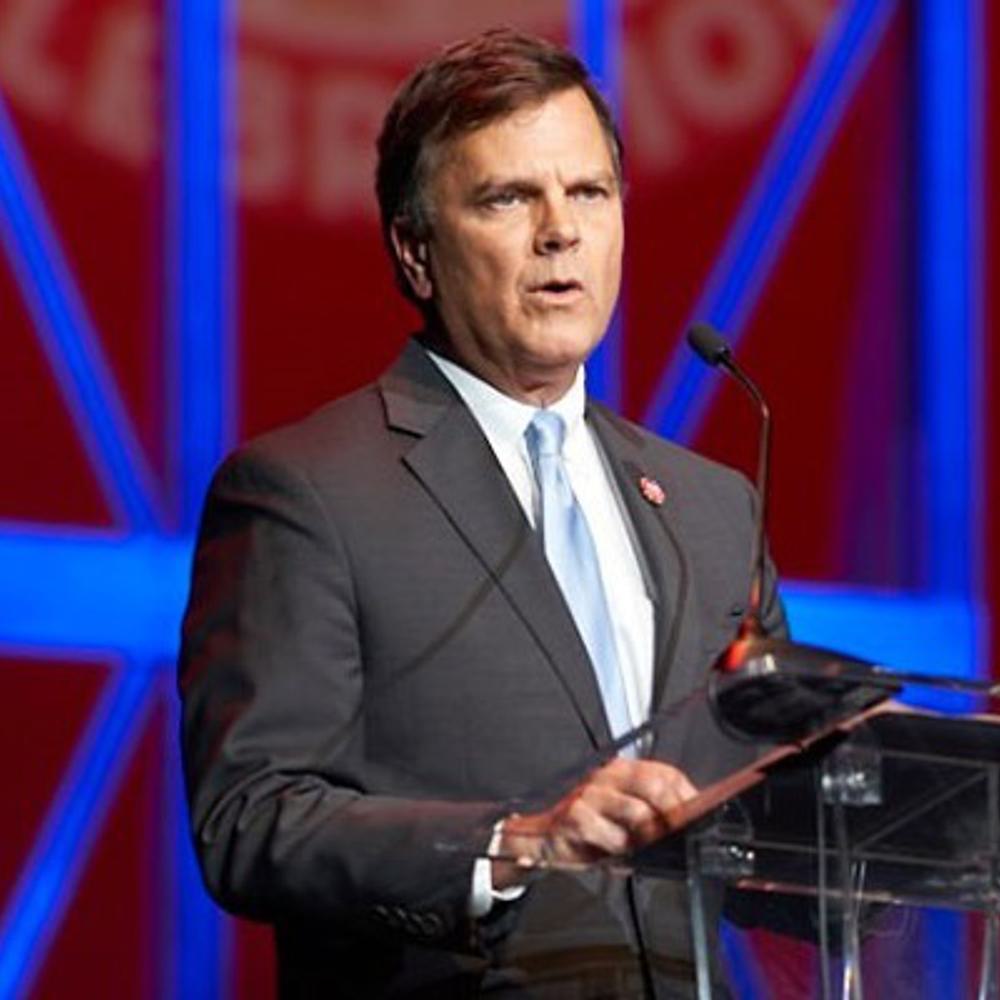
Everybody else does it, so we have to. Basically, that is what Republican lawmakers have told constituents about the state's use of economic incentives, which they will readily acknowledge in theory, is a gross violation of free market economics.
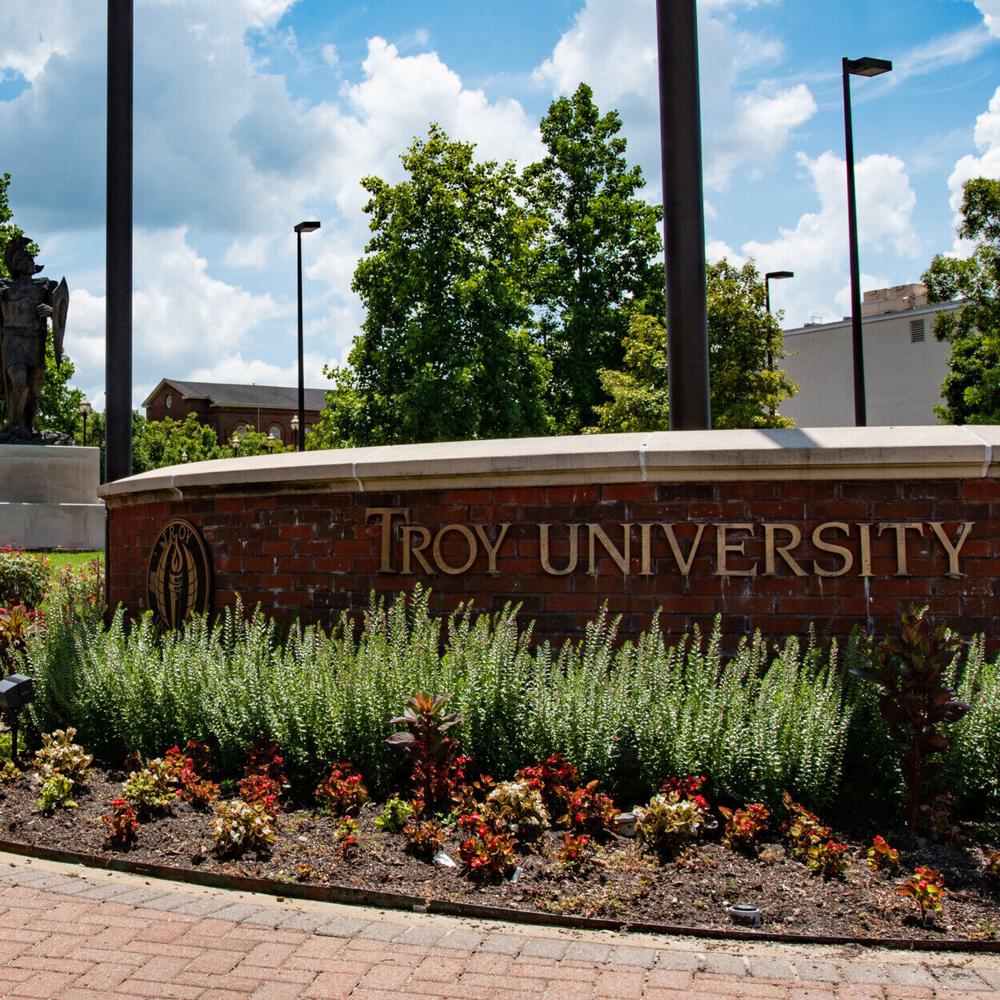
A former professor at Troy University is accusing the college of targeting him for criticizing the Retirement System of Alabama (RSA).

The Business Council of Alabama announced its new four-year “Renew Alabama” plan last week, promising to continue lobbying the state legislature to keep offering payments and tax credits to select private businesses.

While speaking to the Business Council of Alabama on Tuesday morning, Speaker of the Alabama House of Representatives Nathaniel Ledbetter (R-Rainsville) gave his support to expanding economic incentive programs for select businesses in the state.
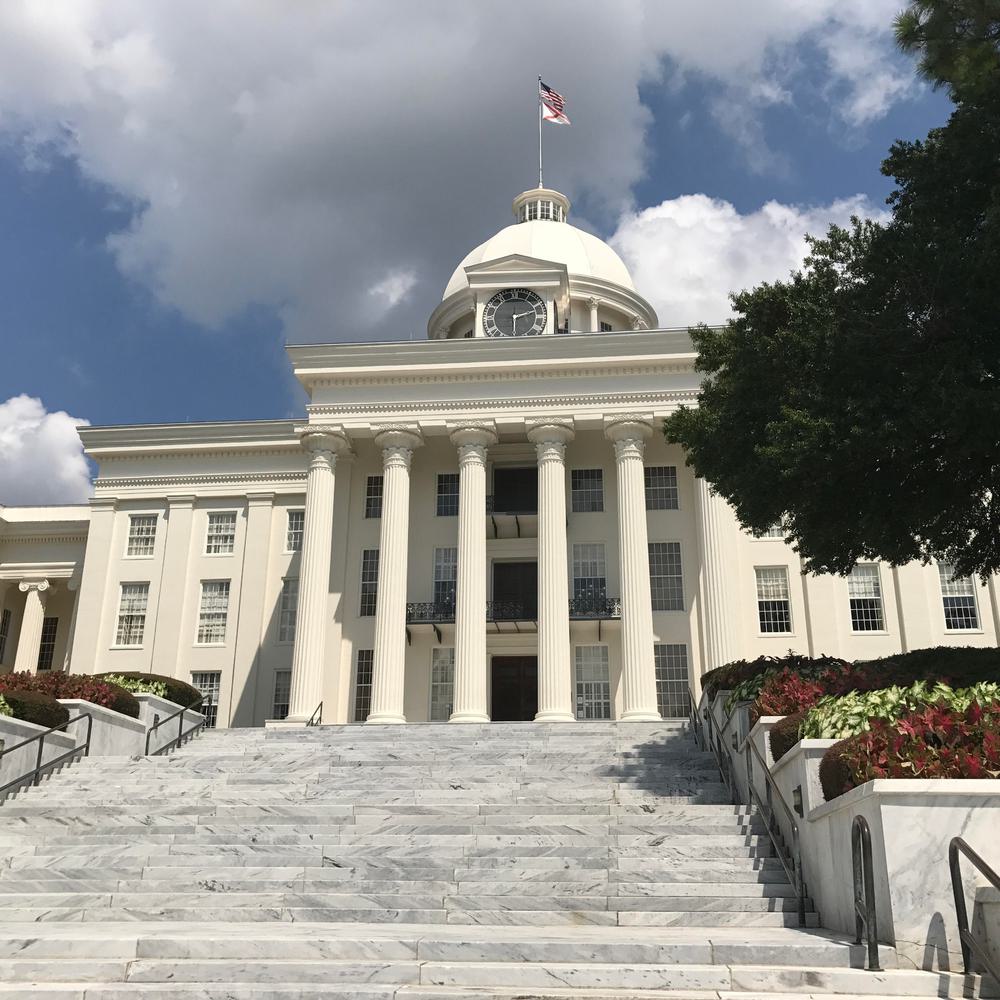
State legislators have consistently insisted the state can't afford to permanently cut income taxes, much less eliminate them altogether. Lawmakers have also strayed away from reforming the state’s retirement system, even as it reported negative returns in 2022. One economist says they’re all wrong.

Representatives from Hyundai Motor Company told media that the company is working with the U.S. Department of Labor (USDOL) to address an investigation that uncovered underage workers at factories that belonged to some of its suppliers.

Lieutenant Gov. Will Ainsworth, who chairs the economic incentives study committee, insists the economic benefits are a net positive for the state and should not be dismissed as corporate welfare.